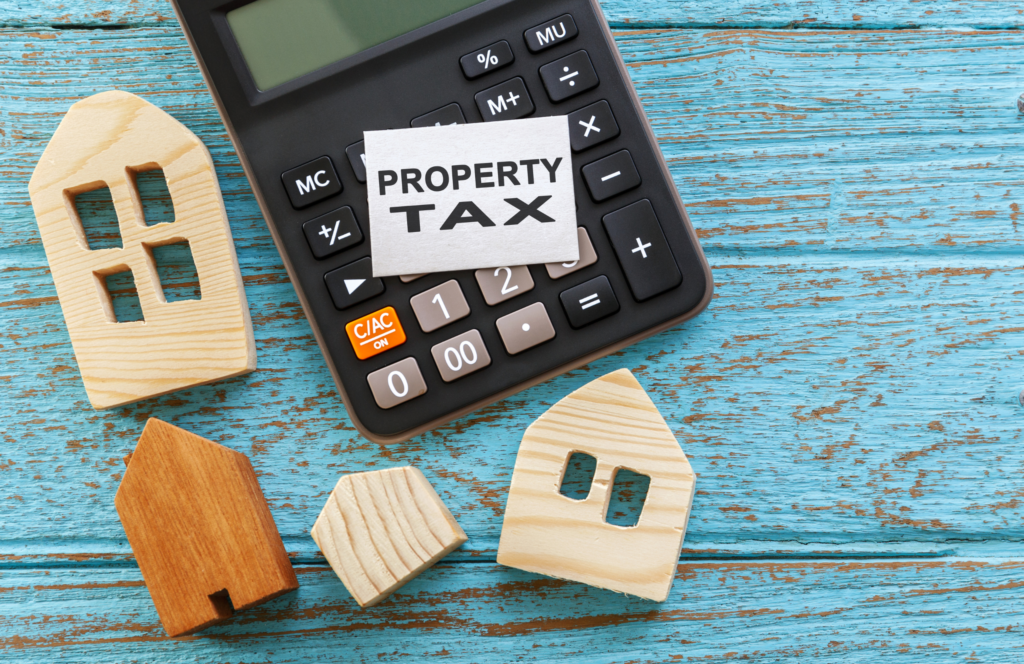Property taxes can often seem as complex as a puzzle, but fear not, for I am here to guide you through the intricate world of assessed and taxable values. By gaining a deeper understanding of these concepts, you’ll be better equipped to decode those annual tax bills that can leave homeowners scratching their heads.
First, let’s introduce the key players in this tax equation: the Assessed Value (or State Equalized Value, SEV) and the Taxable Value. The Assessed Value is an estimate of your home’s worth, determined by the Municipality Assessor’s Office. They use a market approach, comparing your property to recently sold homes of similar nature. It’s akin to a real estate version of “Mirror, mirror on the wall,” offering a means to evaluate your home’s value.
Next up is the Taxable Value, a critical factor in calculating your property taxes. It involves multiplying this value by the local Millage Rate to determine your annual property tax liability. For instance, with a Taxable Value of $100,000 and a Millage Rate of 0.033 (or 3.3%), your property tax would amount to $3,300. Think of this process as solving a mathematical puzzle, bringing you closer to the solution.
Let’s not forget Proposal A, Michigan’s constitutional tax amendment, which plays the role of a superhero in preventing skyrocketing property taxes. It places a cap on the annual increase of taxable property value, limiting it to 5 percent or the rate of inflation, whichever is lower. This cap acts like a leash, keeping property taxes from spiraling out of control.
Ownership transfers and property improvements add an interesting twist to this tale. They can cause the taxable value to rise beyond the rate of inflation, sometimes even exceeding the assessed value. While Proposal A puts a check on regular increases, it allows for adjustments when ownership changes hands or significant improvements are made, ensuring fairness in the tax system.
Here’s a valuable tip: Assessed Values aren’t set in stone. If you believe your assessed or taxable value exceeds 50% of market value, you have the power to challenge it at the local level. Simply reach out to your local taxing authority, who oversees the appeals process. It’s like assembling a team of experts to navigate this intricate tax maze and ensure your property’s value is justly assessed.
Armed with this newfound knowledge, you can confidently tackle your property tax bills. You understand the intricate dance between assessed and taxable values, appreciate the protective role of Proposal A, and know how to challenge property values when necessary. Property taxes, while complex, can be mastered with understanding, allowing you to remain in harmony with your financial responsibilities.

